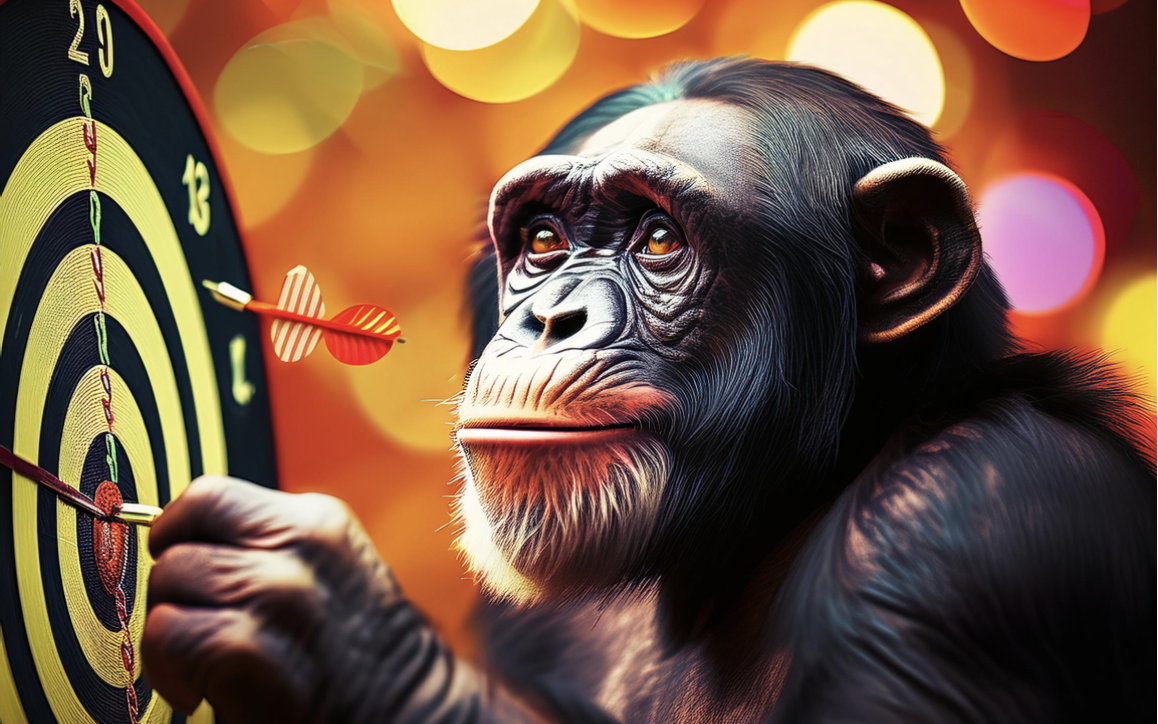Kerby Anderson
Earlier this month, I talked about the three hardest words for people to say. They are: “I don’t know.” It is especially hard for so-called experts to say those words. Often what we think we know is influenced by our bias. Good science and good research should always work to eliminate as much bias as possible.
Professor Philip Tetlock (University of Pennsylvania) has been systematically tracking the predictions of pundits, politicians, stock market gurus, and sportscasters. One of his more significant studies looked at politics. He evaluated government officials, political science teachers, and economists over a period of twenty years.
I might also mention that nearly all (96%) had postgraduate credentials. He quickly discovered that they thought they knew more than they knew. How accurate were their predictions? He said their predictions were no better than “dart-throwing chimps.”
He has acknowledged that the “monkey-with-a-dartboard comparisons come back to haunt me all the time.” He has developed a computer algorithm for all these failed predictions. But I can make it much simpler. What he has found is that most experts should really say, “I don’t know.”
Does that mean we should ignore any prediction from an expert? No, but it does suggest that we understand that many of these predictions are, at best, informed opinions. We should take them with a grain of salt.
We have been subjected to pundits telling us to “believe the science” when the science isn’t settled, and they lack scientific credentials. We have been told that a particular candidate or political party is a “threat to democracy” when that isn’t true. Some government officials warning about “misinformation” are guilty of spreading misinformation.
It is time to exercise discernment, especially when most experts aren’t any more accurate than “dart-throwing chimps.”
 Listen Online
Listen Online Watch Online
Watch Online Find a Station in Your Area
Find a Station in Your Area









 Listen Now
Listen Now Watch Online
Watch Online
